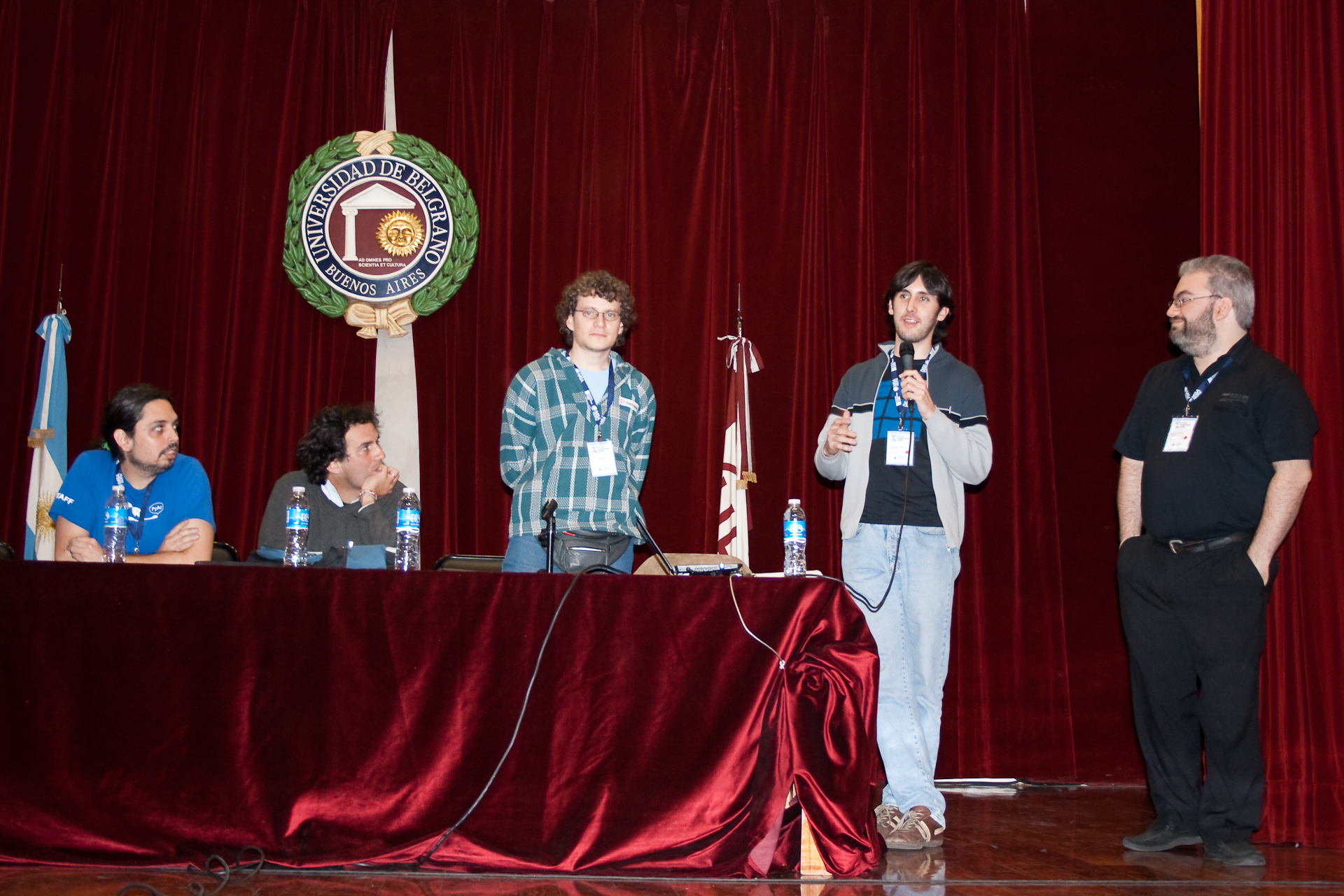Since this is the first post that appears in Planet Python, a small intro is in order.
Hi, my name is Roberto Alsina, I am a former KDE developer, amateur programmer , python fan.
This post (and many you will see from me) is about rst2pdf, a tool to convert restructured text to PDF. For example, it turns the python library reference into this PDF (not production quality yet).
If you are a rst2pdf 0.11 user, or a sphinx or docutils user who wants to try an alternative way to create PDFs, then I would like your help testing the SVN trunk code.
These are some of the new features since 0.11:
PDFBuilder, a Sphinx extension to generate PDFs.
Kerning (requires wordaxe from SVN)
AAFigure support (diagrams using ASCII Art)
PageBreaks can be odd/even/any
Support for advanced page counters (manual numbering, roman/arabic/letters)
Much better styling, specially for tables.
About two dozen bugfixes.
So, please, take a look, you may like it!




